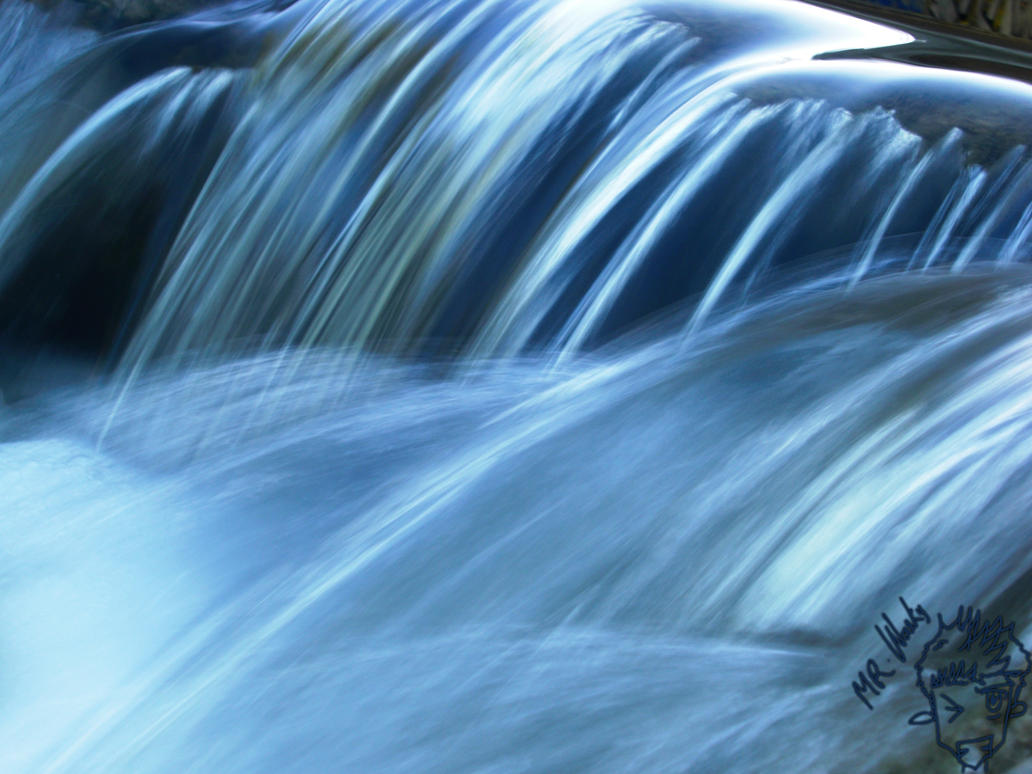If you think of verily and verify, you get the original idea.
Somewhere along the line, it came to mean grievous or extreme. Somebody should be held to account for this switcheroo.
Is there is a life after very? Why, yes. We're just too lazy to discover it.
Amanda Patterson offers a helpful chart for those who wish to banish this most useless of words. Print this out and tape it to your computer.
We need no proof that good usage has practical value, but hear the words of author Nancy H. Kleinbaum: "So avoid using the word very because it’s lazy. A man is not very tired, he is exhausted. Don’t use very sad, use morose. Language was invented for one reason, boys -- to woo women -- and, in that endeavor, laziness will not do."

